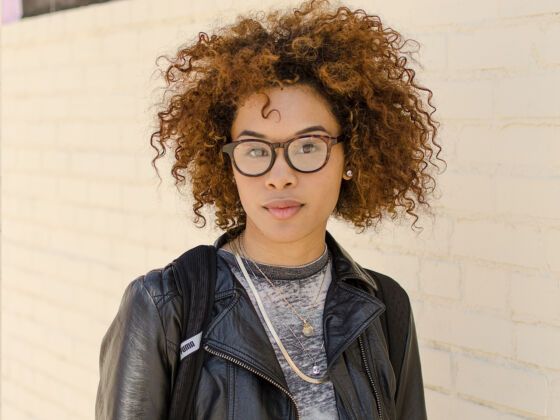OVER THE PAST FEW MONTHS, there has been discoursing within the LGBTQIA+ community on the social media platform Tumblr. The main issue: the belief that Asexuals do not belong in LGBTQIA+. Coming from both the gay and lesbian community, and even the bisexual community, asexuals have been quickly alienated from a grouping of marginalized sexual and romantic identities, as well as marginalized gender identities.
Of all the people I would expect to fully accept asexuals, it would be members of our own community, but a lack of information, understanding, and a willingness to listen and learn has seemed to create this division among we LGBTQIA+ individuals.
So I’m calling on my fellow bisexual community to work hand in hand with asexuals, and fight for their recognition just like we’ve had to fight for ours. And we can start by recognizing their struggles and recognizing how much they parallel those of the lesbian, gay, and bisexual communities.
